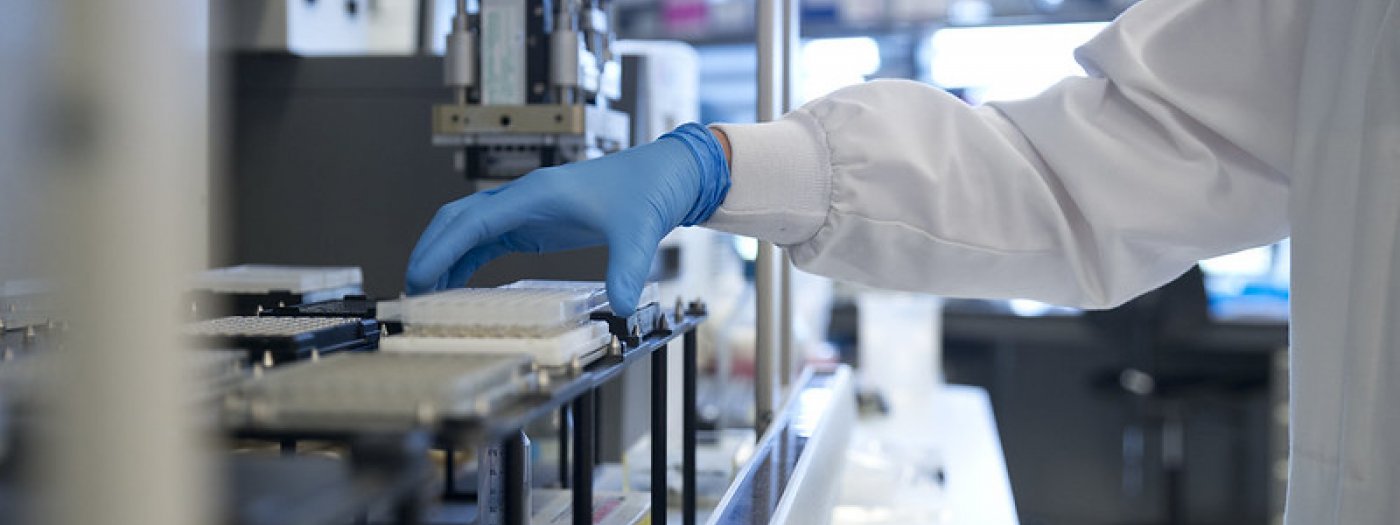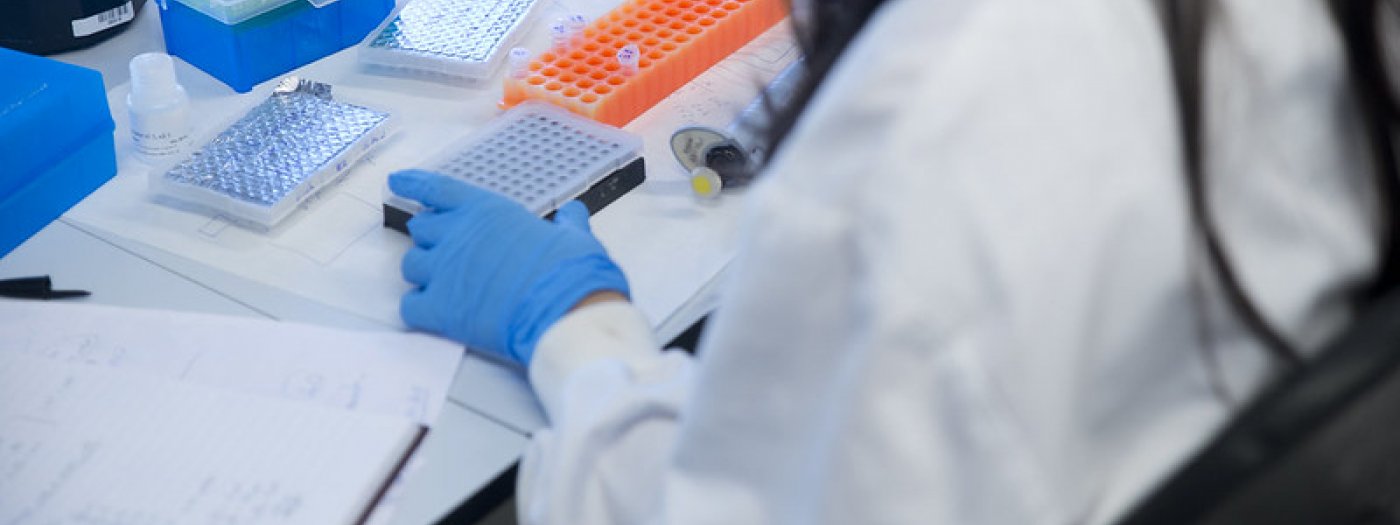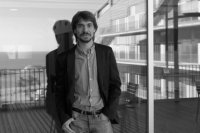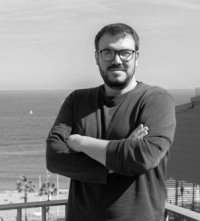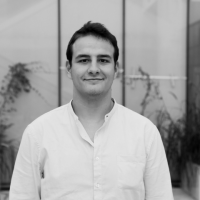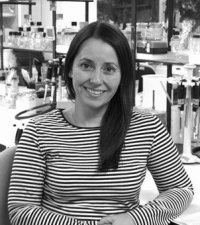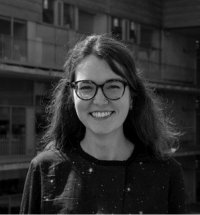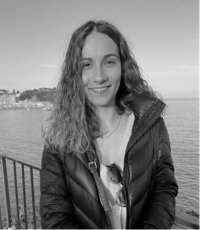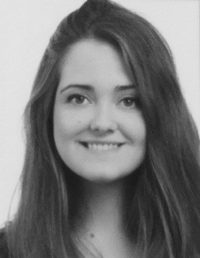Synthetic biology: engineering life to innovate in Health and Sustainability
This course aims to immerse students in the fascinating world of synthetic biology, uncovering the secrets of CRISPR/Cas9 technology and the art of crafting genetic devices that push the boundaries of what living cells can achieve. These groundbreaking devices empower us to modify the behavior of living cells, enabling them to carry out functions beyond their natural capabilities. In essence, students will explore the exciting field of cell reprogramming, gaining hands-on knowledge of shaping living organisms for innovative purposes.
Block 1: Introduction to Synthetic Biology.
- Basis of Synthetic biology.
- Introduction to genetic device design.
- Computational simulation of designed devices.
- Introduction to basic safety standards in the laboratory.
- Introduction to experimental DNA modification techniques:
- CRISPR/Cas9 technology.
- DNA cloning and bacterial transformation.
- Cell culture.
- Electrophoresis.
- Scientific communication:
- Scientific journals and bibliography search.
- Scientific presentations and posters.
Block 2: Crafting a Cellular Biosensor System.
The objective is to engineer a cellular device capable of synthesizing a fluorescent protein in response to external signals. To accomplish this, students will need to:
- Design the proposed genetic system.
- Experimental construction and characterization in Escherichia coli
Block 3: Precision Gene Disruption with CRISPR/Cas9 Technology.
The objective is to acquire an understanding of how CRISPR technology facilitates modifications within the targeted DNA region, specifically in this case, by disrupting the coding sequence of specific genes. To accomplish this, students will need to:
- Engineer each CRISPR/Cas9 component
- Experimental construction and characterization in the selected cell type.
Practical work
Small workgroups will be organized for hands-on experimental work in the laboratory. Optionally, each group may choose to prepare a scientific poster showcasing their results, which will be presented to the rest of the students. The findings will be further discussed in a round table format, encouraging collaborative analysis and insights.
An integral component of the course entails continuous monitoring of students to evaluate their progress consistently throughout all sessions.
This project is designed for students who possess:
- Elevated curiosity and a capacity to engage in multidisciplinary projects.
- Strong teamwork skills.
- Foundational knowledge in computer sciences, mathematics, and biology.
- Demonstrated creativity.
- High motivation in both scientific and engineering pursuits.
General Learning Objectives:
- Enhance teamwork skills.
- Cultivate effective communication and dissemination capabilities.
- Acquire proficiency in working within a multidisciplinary field that merges engineering, mathematics, computer science, and biology.
- Foster patience and perseverance in the workplace.
Specific Learning Objectives:
- Adhere to basic laboratory safety standards.
- Develop competence in handling fundamental laboratory materials.
- Master the design of genetic devices.
- Understand the use of CRIPSR/Cas9 technology to achieve DNA modifications.
- Utilize computational simulation methods for experimental design.
- Acquire proficiency in genetic manipulation techniques.
- Gain expertise in the preparation of posters and delivery of scientific presentations.
Laptop

